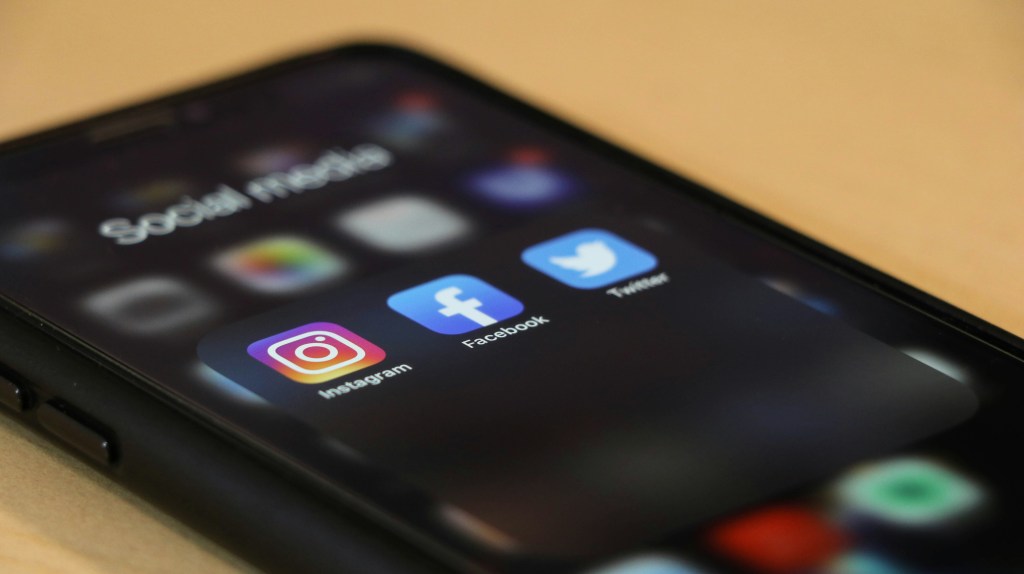Have you noticed that, recently, political parties in America are more divided than ever? There has been an obvious, yet daunting, recent polarization between political parties in America, affecting the way Americans engage with politics, as well as with each other.
The chaos among politics began to noticeably unravel during the 2016 presidential election, with Donald Trump and Hillary Clinton as the primary candidates. Since then, we have seen a drastic change in the way Americans interact and treat those of the opposing political party.
While there are many possible reasons for why politics has become so hyperpolarized, a notable cause is social media. Statista found data that revealed that more than one third of adults consume their news from social media daily. On the other hand, Statista also notes that only 24% of adults watch broadcasted news on a daily basis.

From this data, it can be inferred that many, if not most, Americans are consuming their news nowadays almost entirely via social media. This has some positive aspects for politics and society, as social media makes the news more accessible for more people. This is important because easily accessible news often leads to a more informed and politically active public.
Unfortunately, the downsides of using social media as your main source of news are prevalent too. One of the negative impacts is that the news on social media is not verifiable or credible. When individuals watch the news on the television or read about it in a newspaper or an online article, it is being spoken about or written by a credible journalist who is obliged to follow a certain code of ethics. Anyone can upload anything they want on social media and can claim it is real and newsworthy. This opens up the doors for lots of false information being spread around, especially regarding politics.
This is something we are seeing happening far too much. An individual sees something on social media that could be far from the truth, or a dismembered version of the truth, and automatically believes it. Oftentimes the false information being passed around or posted on social media has to do with different political issues and figures. These claims that are made about a variety of different political figures and parties have run so far that it has created immense tension and division among those with differing views.
An example of this is conspiracy theories among political candidates that many truly believe and that have been heavily discussed. Some common conspiracy theories that developed on the internet is Donald Trump’s relationship with Vladimir Putin and Russia. Many have said that Trump is an asset to Russia. Another example is Qanon, a popular right wing conspiracy theory that garnered a lot of attention on social media.

The problem here is that, of course, people are going to dislike people or the political party that they believe is to be doing horrible things such as an American president collaborating with a nationalist leader or government leaders engaging in pedophilia. So they begin to grow resentment towards the opposing side for supporting candidates like this. It is a vicious, endless cycle since social media is such a powerful force in our society.
This has led people to be extraordinarily harsh to those of the opposing side, making it very difficult to find middle ground or sympathize with one’s beliefs, even if they do not reflect your own. This resentment of one another makes it particular challenging to move forward in politics towards effective changes.
Since social media will continue to grow and politics will never be something of the past, it is important to try to get to the bottom of the cause of this division and how we can move past it. Recognizing that social media plays a part in this elevated political tension is the first step.
Some measures have been put in place on some forms of social media to try to curb this issue, through tools like Instagram fact checking, but this has proven to be unreliable and some say an infringement on our rights to free speech.
Individuals should be aware that what they are reading could very likely not be the truth and double check to verify that what they read is actually true. It is crucial to understand that when we choose to turn to social media as our source of news, everything you read should be taken with a grain of salt.
Featured photo courtesy of Unsplash user ROBBIN WARRAL

